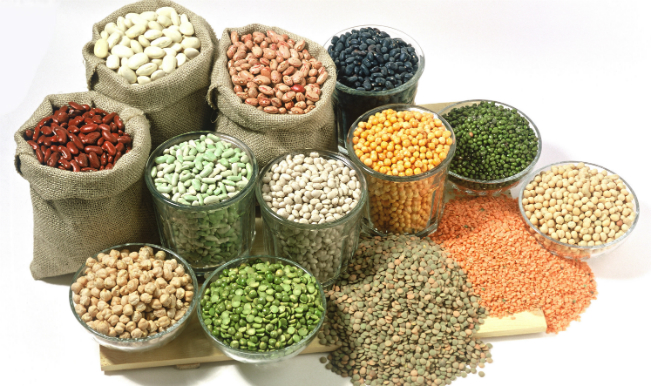Stakeholders from Guinea and across Africa are organising a summit to draw a seed roadmap for the West African country.

The consortium includes the Government of the Republic of Guinea, Technologies for African Agricultural Transformation (TAAT) of the African Development Bank, the Building an Economically Sustainable Integrated Cassava Seed System, Phase 2 (BASICS-II) project of the International Institute of Tropical Agriculture (IITA), and Sahel Consulting.
The three-day Seed Business Summit, with the theme “Building a Harmonised Roadmap for Seed Sector Transformation,” is being organised in collaboration with the Guinean Ministry of Agriculture and Livestock, the country’s National Institute for Agricultural Research (IRAG) and other stakeholders.
The summit will be held from April 28 to 30, 2025, in Conakry, the Guinean capital. The summit aims to catalyse an agricultural revolution in the Republic of Guinea by establishing an economically sustainable seed system for priority crops like Rice, Cassava, Maize, Groundnut, and Soybean.
The Guinean Minister for Agriculture and Livestock, Felix Lamah, notes that “this summit represents a direct response to the need to hold a more comprehensive audience consultation to identify major challenges, develop solutions, and advocate for more investments in Guinea’s agriculture.”
“This seed summit will bring together policymakers, international financial institutions, scientists, the private sector and farmer organisations to a roundtable discussion to broker investments for Guinean agricultural transformation with quality inputs, particularly seed as a primary entry point,” Lamah added.
“The summit will address factors limiting growth in Guinea’s agricultural sector, including the underdeveloped seed sector characterised by poor quality seeds, a weak seed regulatory framework, a struggling research system for variety maintenance, and a feeble private sector participation in the seed system,” says Dr Solomon Gizaw, the Head of TAAT Clearinghouse.
“A solid seed system will surely change the country’s agricultural landscape. In this summit, TAAT and partners will share the models currently strengthening the seed system in Nigeria, Tanzania, D.R Congo, Benin, Sierra Leone, Liberia, Côte d’Ivoire and Kenya,” Dr Gizaw added.
The BASICS-II Project Manager, Prof Lateef Sanni, explained that “the seed summit aspires to produce outcomes that will form the basis of future investment in the Guinean seed system. It will produce recommendations to help forge a roadmap to feed into the country’s agricultural policies and plans.”
The Guinean Minister of Agriculture and Livestock, Felix Lamah, will chair the summit’s opening ceremony, supported by other dignitaries and development partners.
In addition to the conveners, several national stakeholders, including farmers, seed producers, and International Development partners, will participate in the summit.
They include the African Development Bank (AfDB), the Islamic Development Bank, the Gates Foundation, the Food and Agriculture Organisation (FAO), the World Bank, and the European Union.
Others include the African Agricultural Technology Foundation (AATF), the AfricaRice Centre, and the International Crops Research Institute for the Semi-Arid Tropics (ICRISAT).
